Cats
older cat illnesses
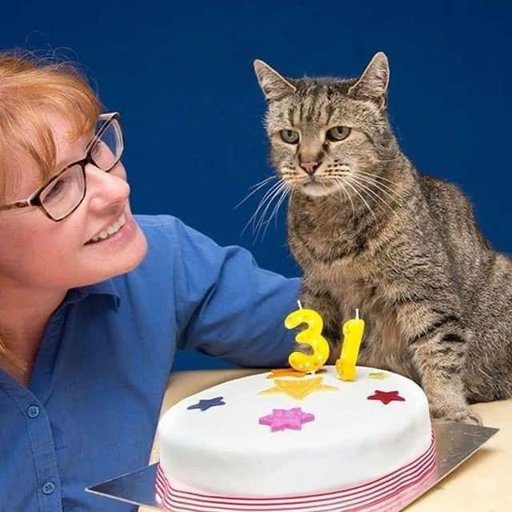
As cats age, they become more prone to chronic illnesses. Taking care of older cats with chronic illnesses can be a challenge, but with proper care and understanding, you can provide your furry friend with the best life possible. In this blog post, we will explore how to take care of older cats with chronic illnesses, and how you can help your cat stay healthy and happy.
The Challenges of Caring for an Older Cat
Caring for an older cat can be a daunting task. As cats age, they become more prone to certain chronic illnesses and physical changes that require extra attention and care. When taking care of an older cat, it is important to consider their changing needs. This may involve providing more comfortable bedding, easier access to food and water, ensuring regular veterinary check-ups, and watching for any signs of distress or illness. It can be difficult to keep up with the demands of taking care of an aging pet, but there are steps you can take to make the process easier.
When caring for an older cat, monitoring your pet’s health closely is important. Look for any signs of pain or discomfort, such as lethargy, weight loss, or changes in behavior. If you notice anything unusual, take your cat to the vet for an examination. Additionally, create a comfortable environment for your pet. Make sure that their bed is warm and comfortable, and provide plenty of toys and activities to keep them active. Finally, ensure that they have access to fresh food and water.
Taking care of an older cat requires patience, understanding, and dedication. With the right knowledge and resources, you can help ensure that your beloved pet has a long, healthy life.
The most common chronic illnesses in older cats
- Kidney Disease: Kidney disease is one of the most common chronic illnesses in older cats. It is often caused by dehydration, a decrease in kidney function, or damage to the kidneys from another condition. Symptoms can include increased thirst and urination, weight loss, poor appetite, vomiting, and depression.
- Hyperthyroidism: Hyperthyroidism is a condition where the thyroid gland produces too much hormone. Symptoms can include weight loss, increased appetite, restlessness, and an unkempt coat.
- Diabetes Mellitus: Diabetes mellitus is a chronic condition where the body does not produce enough insulin to control blood sugar levels. Symptoms can include increased thirst and urination, weight loss, increased appetite, fatigue, and depression.
- Arthritis: Arthritis is a condition that affects the joints of older cats, causing them pain and discomfort. Symptoms can include difficulty walking or jumping, stiffness or limping, avoiding stairs or jumping onto furniture, and decreased activity levels.
- Heart Disease: Heart disease is a condition that affects the heart and can result in weak or irregular heartbeats. Symptoms can include difficulty breathing, coughing, exercise intolerance, weakness, and collapse.
By recognizing the signs and symptoms of these conditions early on, you can ensure your cat receives timely treatment to reduce the risk of complications. If your cat shows any signs of a chronic illness, contact your vet for an examination.
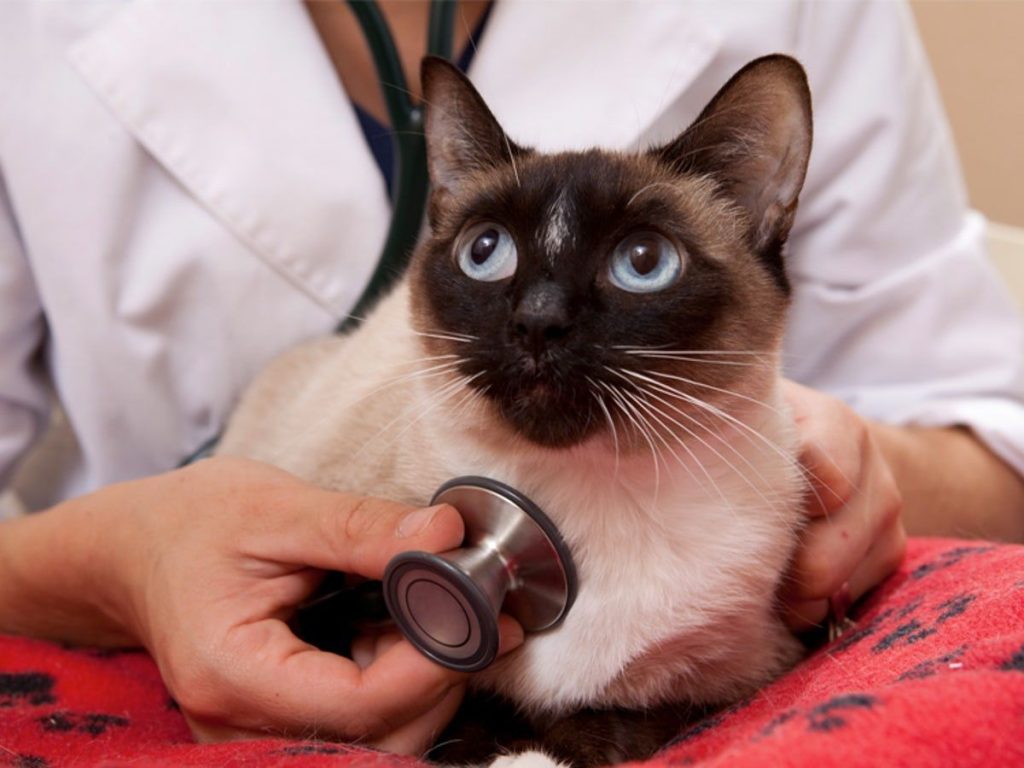
Tips for managing your cat’s chronic illness
- Ensure your cat is taking their medication. Check with your vet to make sure your cat is taking the right dosage and that it’s working correctly. Your vet can also help you create a plan to ensure your cat takes the medication every day.
- Monitor your cat’s diet. Many chronic illnesses can be managed through dietary changes. Speak to your vet about what type of food is best for your cat’s health and what supplements may help.
- Keep an eye on your cat’s behavior. Notice any changes in behavior, such as sleeping more or less than usual, or changes in appetite. These could be signs that the illness is not being managed well and needs to be addressed by the vet.
- Give them extra love and attention. Cuddling and petting can help ease stress and give your cat comfort during times of illness.
- Create a safe environment for your cat. Make sure your home is free of hazards and that all necessary items like food, water, litter box, toys, etc. are easily accessible for your cat.
By following these tips, you can help ensure your cat stays healthy and comfortable even when managing a chronic illness.
When to see the vet
It is important to know when to seek help from a vet when it comes to caring for an older cat with a chronic illness. If you notice any of the following signs, you should make an appointment with your vet as soon as possible:
- Rapid weight loss or gain
- Excessive thirst or urination
- Lethargy or lack of appetite
- Difficulty breathing
- Change in grooming habits or excessive scratching
- Change in behavior
- Changes in litter box habits
- Bad breath or oral sores
- Vomiting or diarrhea
- Discharge from eyes, ears, or nose
- Skin lesions or sores
- Limping or difficulty moving
- Swollen joints
- Change in mental alertness
It’s important to also keep regular checkups with your vet and get any tests that they recommend, such as blood work, x-rays, or ultrasounds. Your vet will be able to give you advice on how to best care for your cat and any treatments that might be necessary to help manage the chronic illness.
Read Also :
Feline Fun Fact: Know the Age of Your Cat With These Easy Techniques
Cat care: How often should you bathe your cats?
0 Comments
Leave a Reply
Cancel reply
Cats
Tips for Taking Care of a Pregnant Cat
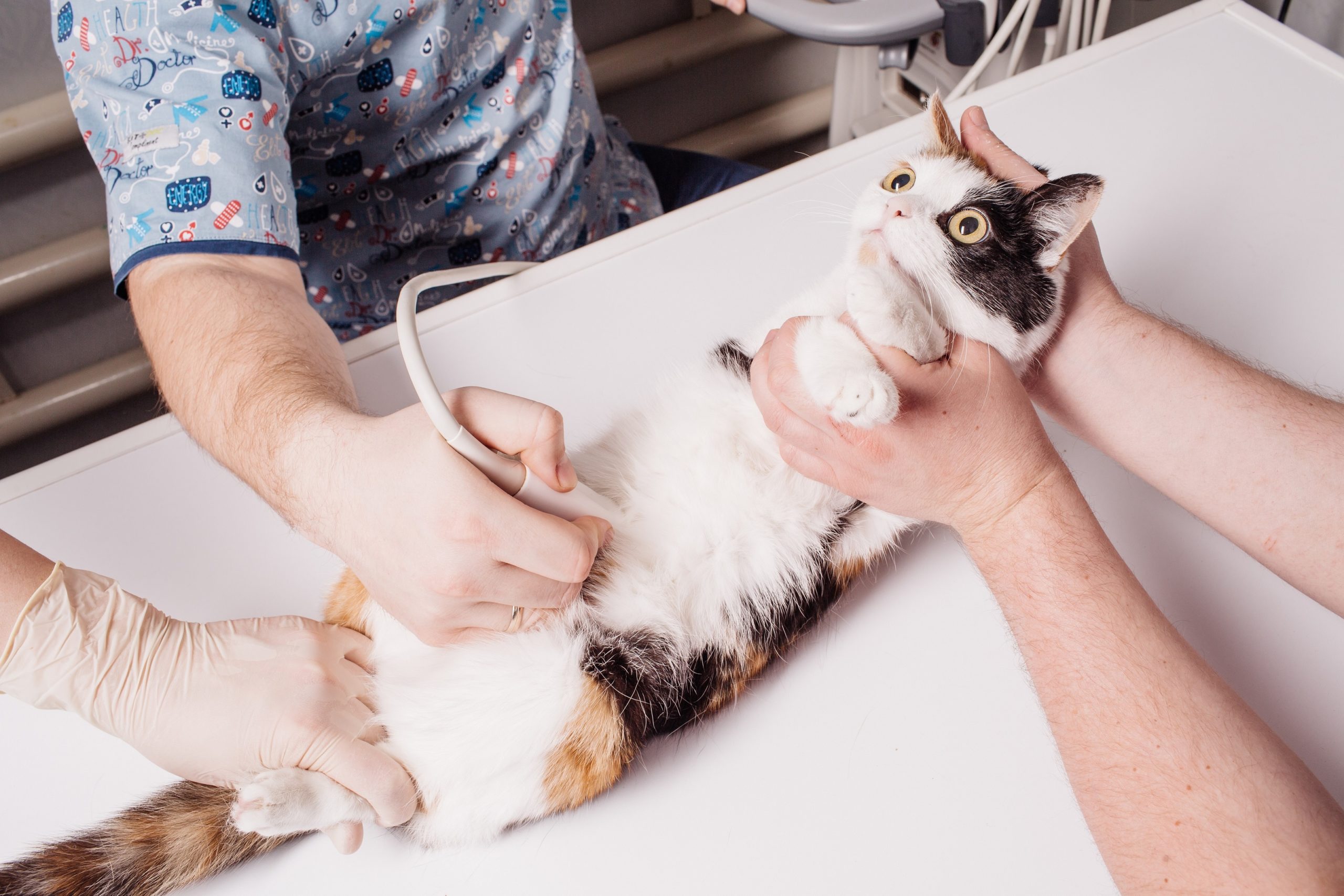
Having a pregnant cat can be a wonderful, but sometimes overwhelming experience. With the proper guidance and care, however, you can help make sure that your pregnant cat has a safe and healthy pregnancy. Taking care of a pregnant cat is relatively simple and involves making sure she has a comfortable home, nutritious food, and regular veterinary check-ups. In this blog post, we will cover the basics of feline family planning and provide some helpful tips for taking care of a pregnant cat.
Cats
Signs of Cat Pregnancy Week by Week
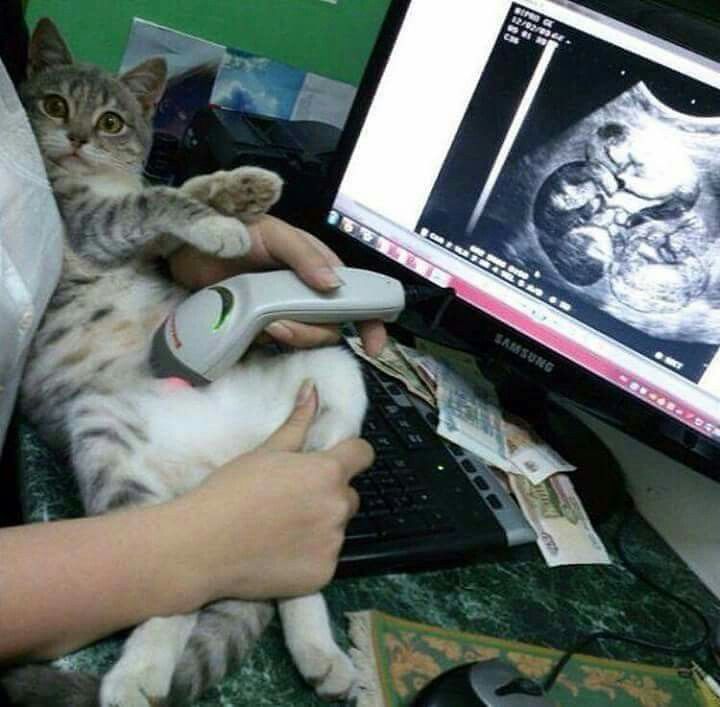
If you’re a cat owner, you may have noticed signs of your cat’s pregnancy and are wondering what to expect. Knowing the signs of cat pregnancy by week can help you better understand and monitor the changes your cat is going through during her pregnancy. In this blog post, we’ll discuss the various signs of cat pregnancy and what to expect from week to week.
Cats
Why Kittens are Born Dead or Deformed
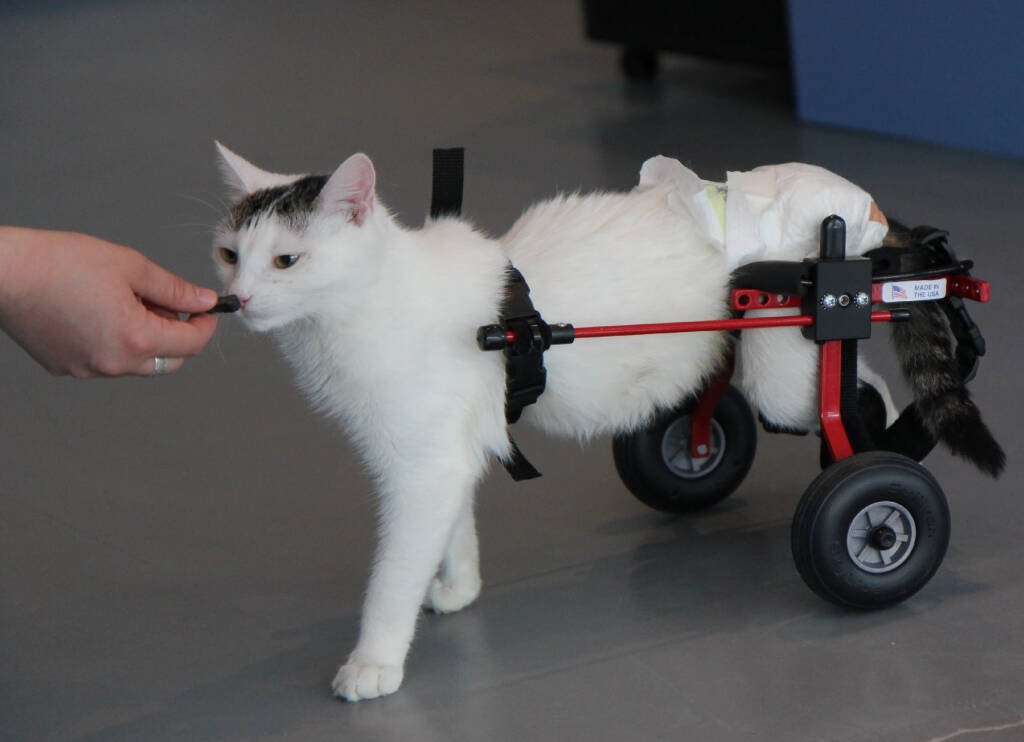
No one expects to find dead or deformed kittens in a litter, but sadly this does happen from time to time. In this blog post, we will discuss the reasons for the birth of dead and deformed kittens, as well as what can be done to prevent this from occurring. We will also discuss how to properly care for these kittens if they are born alive. By understanding the causes and effects of dead and deformed kittens, we can better support our furry friends in need.
Trending

 Cats1 year ago
Cats1 year agoDon’t Feed Your Cat These 8 Foods!

 Cats11 months ago
Cats11 months agoWhy Do Cats Spray and How Can You Stop Them? Insights into Urine Spraying in Male Cats

 Cats10 months ago
Cats10 months agoThe Ins and Outs of Cat Sterilization: Removing the Female’s Ovaries

 Cats10 months ago
Cats10 months agoPre-Vaccination Prep: Getting Your Cat Ready

 Cats9 months ago
Cats9 months agoWhy Kittens are Born Dead or Deformed

 Dogs2 years ago
Dogs2 years agoSo You’re Thinking About Getting a Poodle

 Dogs10 months ago
Dogs10 months agoWhat to Do With Your Dog’s Body After Death: A Guide for Pet Owners

 Cats9 months ago
Cats9 months agoSigns of Cat Pregnancy Week by Week




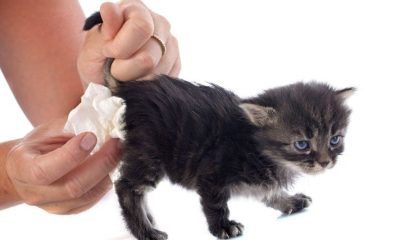

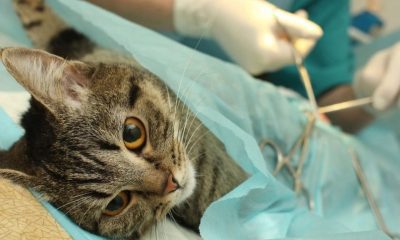

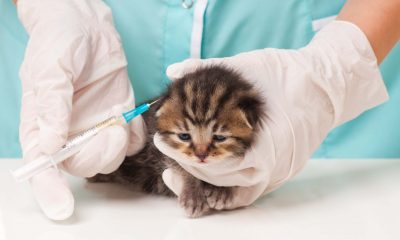

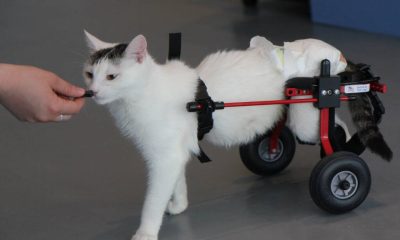







Pingback: Feline Fun Fact: Know the Age of Your Cat With These Easy Techniques